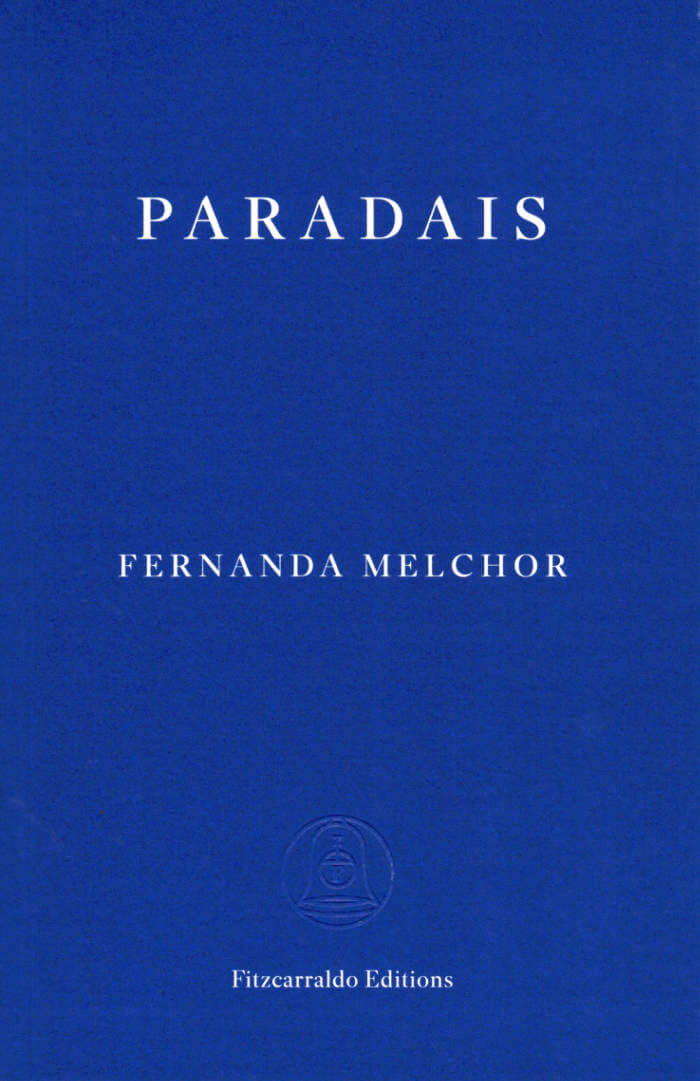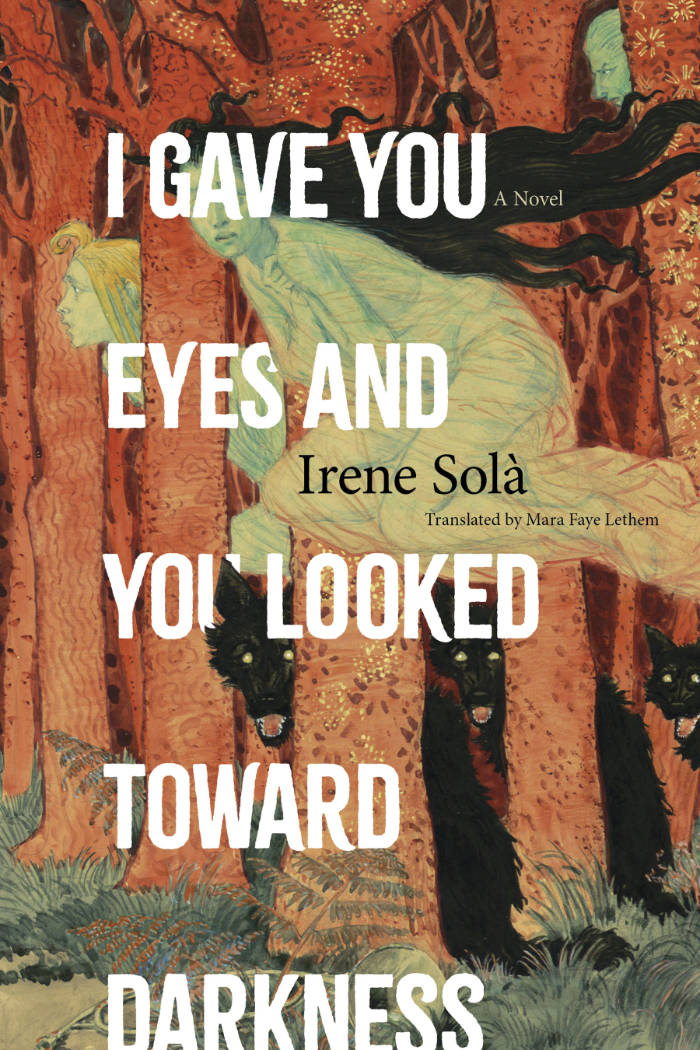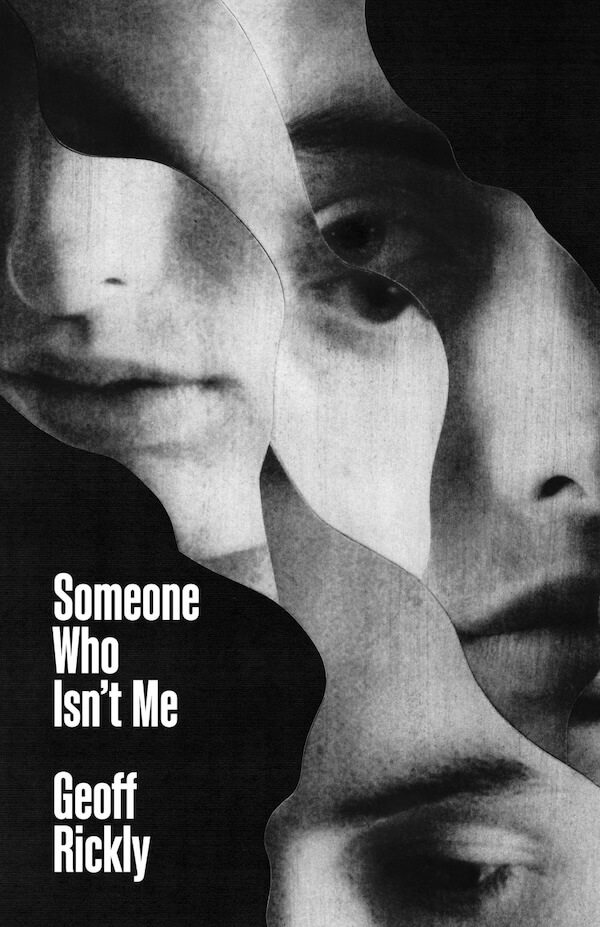
Paradais
Inside a luxury housing complex, two misfit teenagers sneak around and get drunk. Franco Andrade, lonely, overweight, and addicted to porn, obsessively fantasizes about seducing his neighbour – an attractive married woman and mother – while Polo dreams about quitting his gruelling job as a gardener within the gated community and fleeing his overbearing mother and their narco-controlled village. Each facing the impossibility of getting what he thinks he deserves, Franco and Polo hatch a mindless and macabre scheme. Written in a chilling torrent of prose by one of our most thrilling new writers, Paradais explores the explosive fragility of Mexican society – fractured by issues of race, class and violence – and how the myths, desires, and hardships of teenagers can tear life apart at the seams.
‘With a nimble command of the novel’s technical resources and an uncanny grasp of the irrational forces at work in society, the books navigate a reality riven by violence, race, class, and sex. And they establish Melchor, who was born in 1982, as the latest of Faulkner’s Latin American inheritors, and among the most formidable.... In Melchor’s world, there’s no resisting the violence, much less hating it. All a novelist can do, she seems to suggest, is take a long, unsparing look at the hell that we’ve made.’
— Juan Gabriel Vázquez, New Yorker
Translated by Sophie Hughes.




